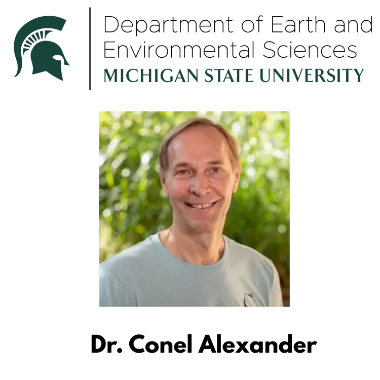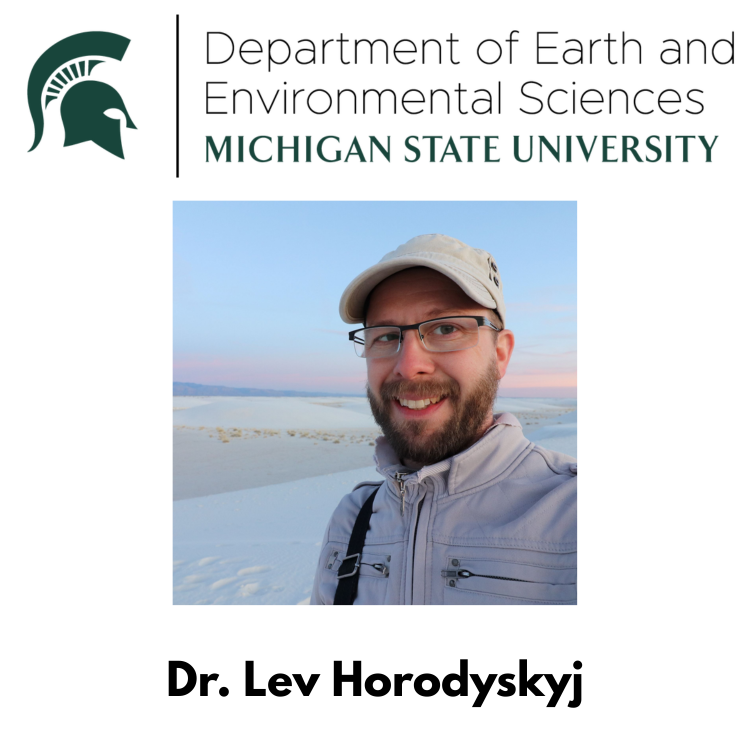EES Guest Speaker - Dr. Joey Rodriguez
Join us thi Friday, January 26, 2024 at 12:30PM in room 204 NS for Dr. Joey Rodriguez's talk!
Title: Identifying the Origin of Exoplanetary Diversity
Abstract: Nearly thirty years after the Nobel-prize-winning discovery of the exoplanet 51 Pegasi b, astronomers have discovered thousands of planets outside the solar system, and the field of exoplanetary astronomy has shifted from purely being driven by discovery to performing demographic analysis, and detailed characterization of properties like mass, radius, and atmospheric composition. However, even today, basic questions remain, like “why do some systems end up looking like the Solar System with orderly co-planar architectures, with small planets close-in, and giant planets orbiting far from their stars, while others, like the so-called Hot Jupiters, are dramatically different?” My team and I are studying this question from both sides: understanding the evolutionary origins of hot Jupiters and understanding the properties of compact multi-planet systems. Using data from NASA’s Transiting Exoplanet Survey Satellite (TESS) and Kepler/K2 missions, we are working to find keystone planetary systems around bright stars (those well suited for atmospheric observations) that can help address specific questions about planet formation and evolution. I will review our efforts to discover and characterize hundreds of hot Jupiters while investigating the compact architectures of small rocky planets.
Bio: Joey Rodriguez is an assistant professor in the Department of Physics and Astronomy at Michigan State University. He received his Ph.D. from Vanderbilt University for using transiting exoplanets and eclipsing disks to understand planet formation and evolution. Prior to his appointment at MSU, he was a Future Faculty Leaders Postdoctoral fellow and a Smithsonian Astrophysical Observatory Astronomer working at the Center for Astrophysics | Harvard & Smithsonian. Currently, his focus is discovering new keystone exoplanetary systems that provide insight into specific questions about planet formation/evolution using observations from NASA’s Kepler, K2, TESS, and JWST missions.



